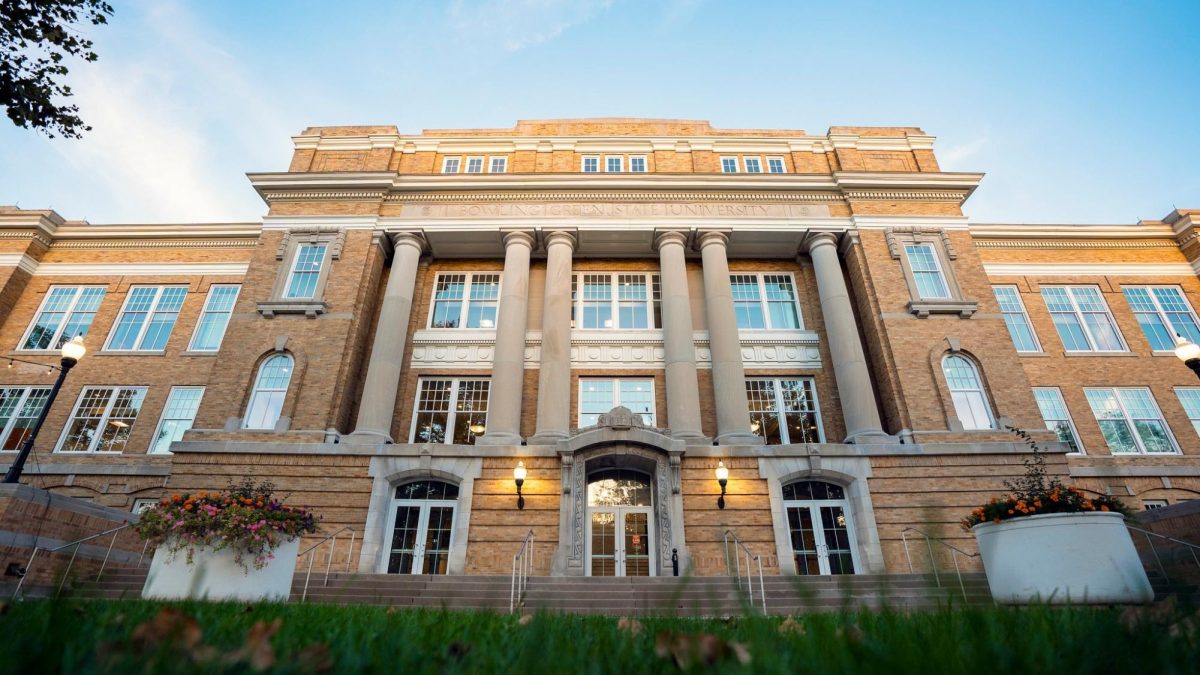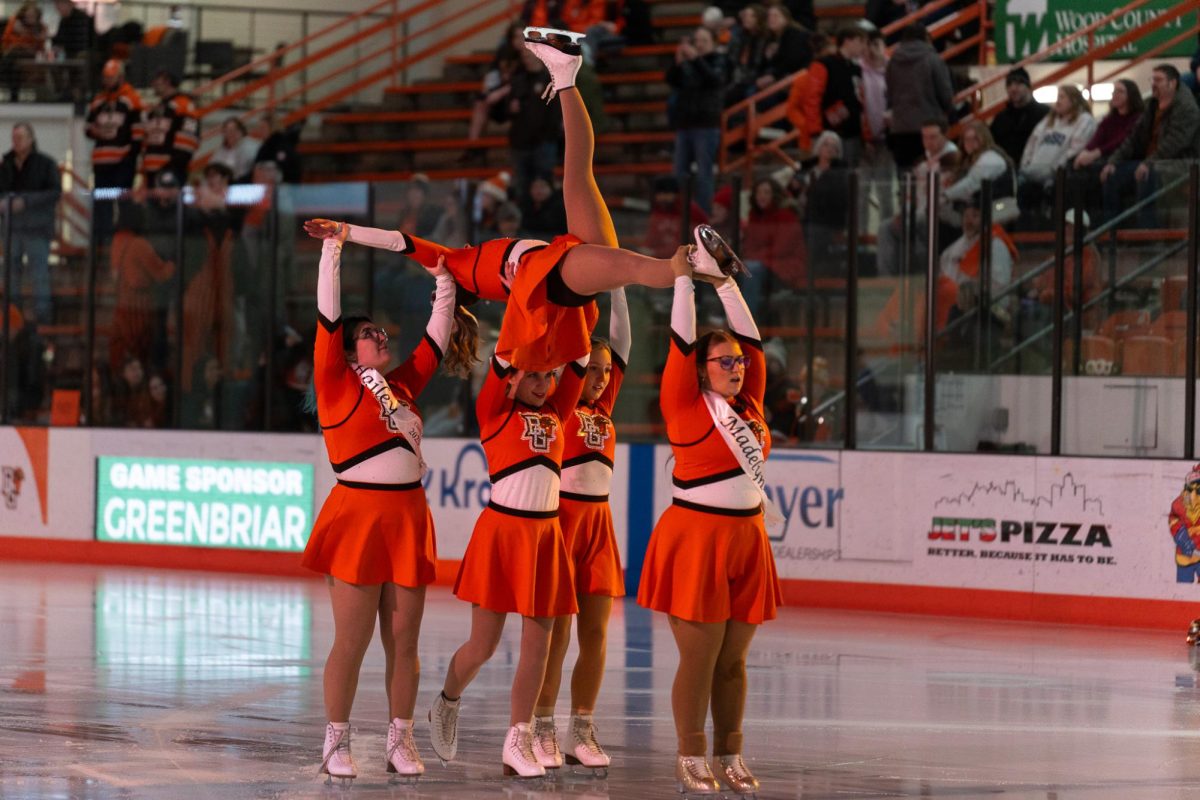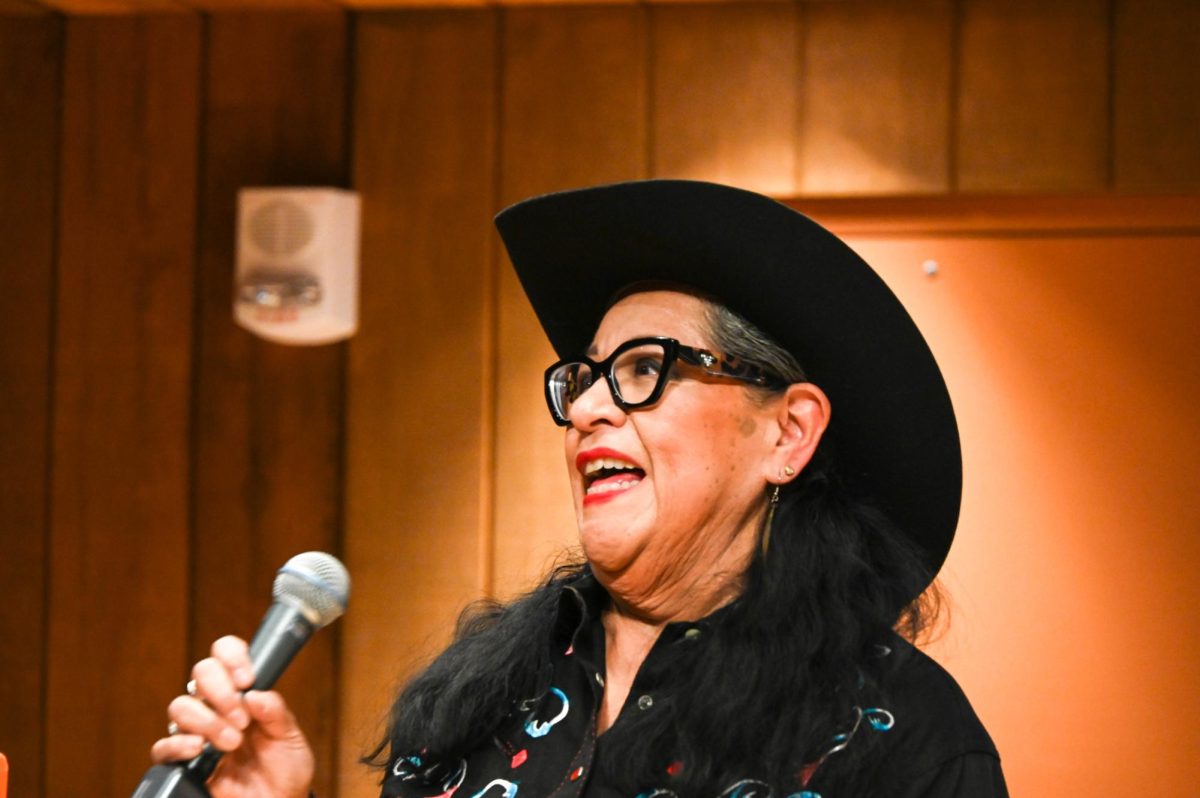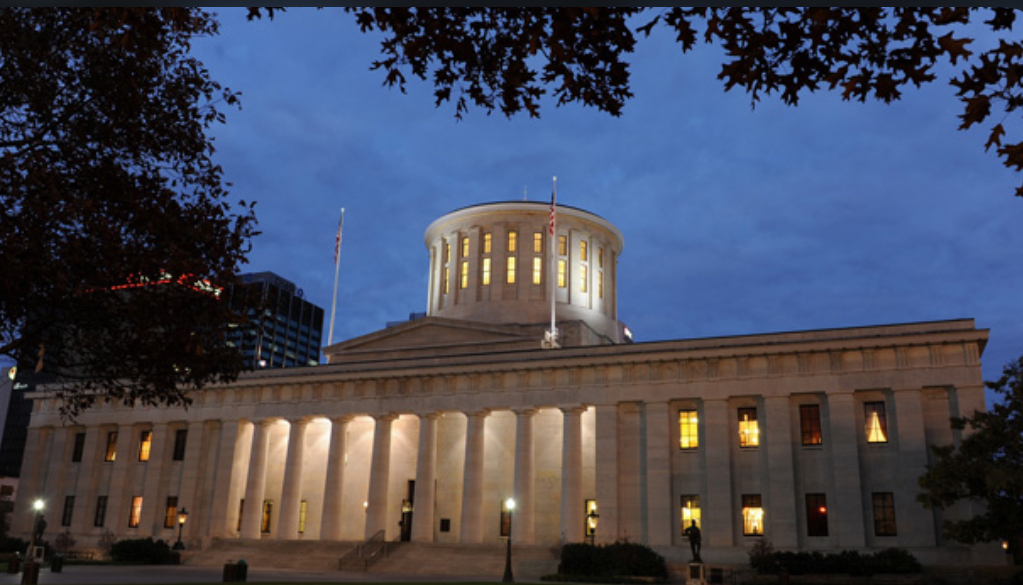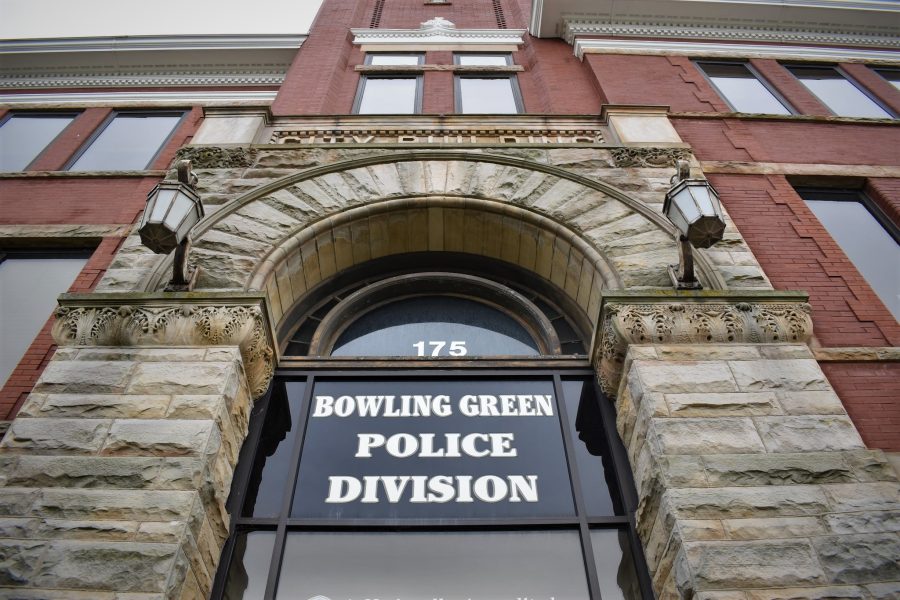As the Falcon Marching Band’s membership hits a new high, concerns for the health and safety of band members have also grown rapidly.
The emphasis BGSU places on student experience is apparent, as the band is equipped with a number of student staff members and medical personnel who are ready to combat issues with health and safety.
The responsibilities of student staff were previously volunteer-based. This year, student staff members are paid, take care of the logistical side of the band and provide strong leadership. Though they are not medically trained, student staff are there to help in a variety of other ways.
Bowling Green Fire Chief Bill Moorman noticed an increase in the emergency medical service (EMS) runs made to the band practice field this academic year.
From zero medical emergencies last year to eight alone in August this year, concerns surrounding the BGSU band’s health and safety have multiplied.
Moorman said all EMS runs made to the band practice field were due to heat related responses. He thinks the combination of more people on the field and extreme temperature conditions escalated cases of overheating.
Assistant Teaching Professor of Athletic Bands and Music Education Jonathan Waters agreed that heightened heat often causes issues in marching bands.
“I will say that the number one health issue really for any band director across the country is heat,” Waters said.
Waters explained how being out in the heat while simultaneously blowing into an instrument and exerting energy marching generates the perfect conditions for overheating.
To combat this issue, Waters discussed how the university has really stepped up and been there to support the Falcon Marching Band.
“This includes an agreement with the Wood County Hospital to provide medical coverage for the Falcon Marching Band for the fall, as well as utilizing independent contracts with medical professionals to cover times when WCH staff are unavailable,” a statement from BGSU said.
The bands have been working closely with Wood County Hospital, Chief Health Officer Ben Batey, and Student Wellness to institute this medical coverage.
Waters also said BGSU band members were required to get a physical from their personal healthcare provider before coming to campus to begin rehearsals this year.
These professional precautions have worked in tandem with the newly allocated BGSU Marching Band Student Staff positions to secure safer conditions for the band.
Student staff coordinator, Grace Doctor, explained her role as the leader of student staff members.
After marching as a clarinet player in the band for three years, she now schedules when specific staff members need to come into rehearsals, delegates tasks to everyone for game days and communicates with grad students and Waters.
With this list of responsibilities, Doctor and other student staff members are grateful they have medical professionals available to help them properly respond to medical situations.
“It’s been really nice having these medical people because the student staff don’t have that pressure necessarily,” Doctor said. “It’s just really nice to have that medical assistance from the university.”
Along with this boost in student staff and medical precautions, Waters discussed how the university has engaged in a two million dollar fundraising project to provide a new practice field for the band.
This new field, according to Waters, will not only keep the marching band up-to-date, but it will also help prevent some of the ankle and leg injuries that have been experienced by band members in the past.
The difference between a turf performance field, like Doyt’s, and the uneven grass practice field has created various challenges outside of injuries too.
“I honestly feel like I’m not fully prepared until we practice the morning before a game day on the turf field because there’s so many divots and uneven grounding on the practice field,” Aubrie Hayhurst, a sophomore trombone player for the marching band, said.
Nick Seifert, a sophomore trumpet player for the marching band, also discussed how the uneven surface of the practice field can be an issue for ankle injuries and messing up lines.
This makes it more difficult to transfer shows onto the turf field, too. The efforts to update the current practice field show the university prioritizing the band and ensuring that they are being taken seriously.
Waters also feels as though all things Falcon Marching Band are going in the right direction, in large part due to the support of the university. He feels they have stepped up in a big way in providing the band with a larger operation budget and fundraising for the new field.
“The university is supporting us from a financial standpoint and a resource standpoint, the Alumni and Development Office are supporting us from a fundraising standpoint, and the BG students are supporting us from a ‘we want to join standpoint,’” Waters said.
BGSU said they intend to update the practice field to be a new, state-of-the-art turf practice field for the Falcon Marching Band in order to support its growth.
Waters is hopeful that this improved field will be ready for use in August 2025.
Despite the health and safety concerns that have been faced by the band, new solutions have come to fruition this season due to the collaboration of the university with medical staff and the band program.
Waters said the struggles they have faced are simply “growing pains.” However, these growing pains continue to be met with remedies with the support of BGSU.









